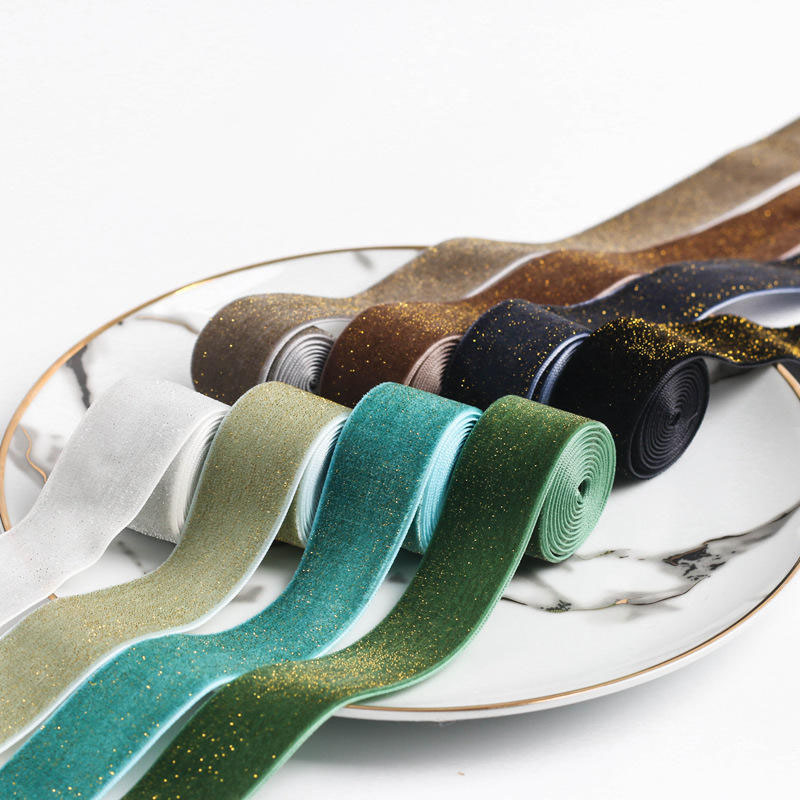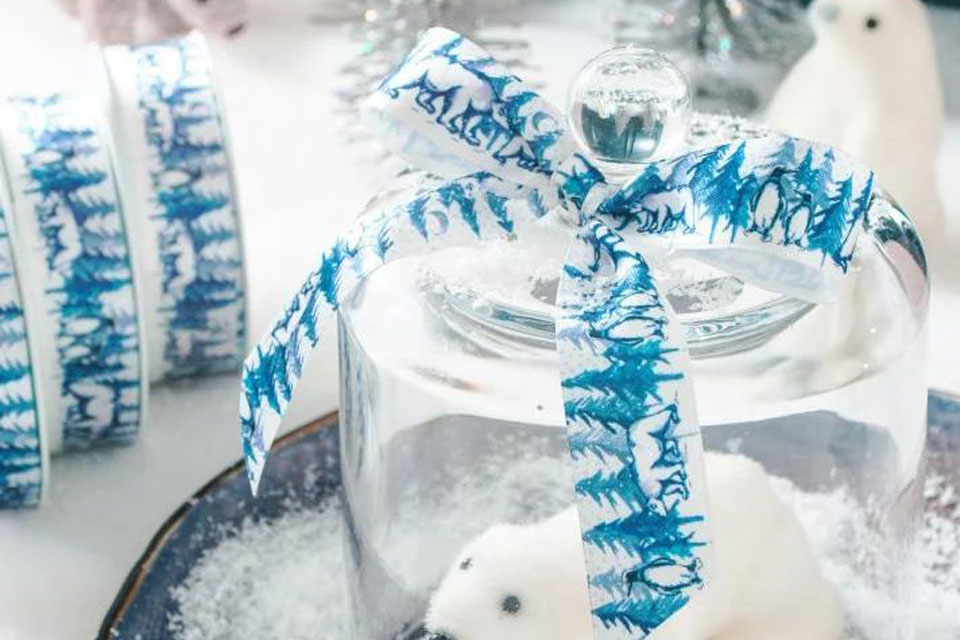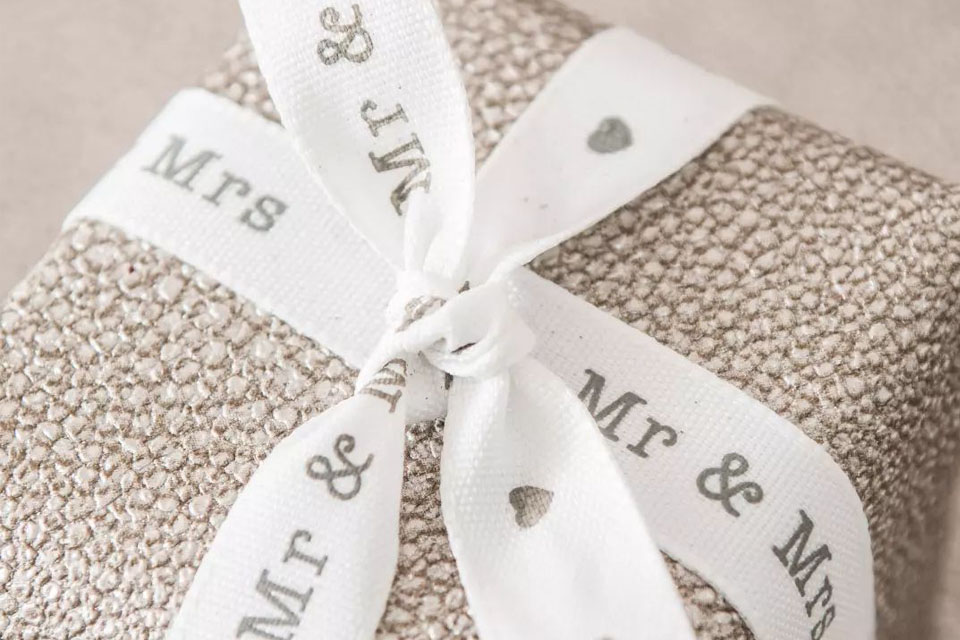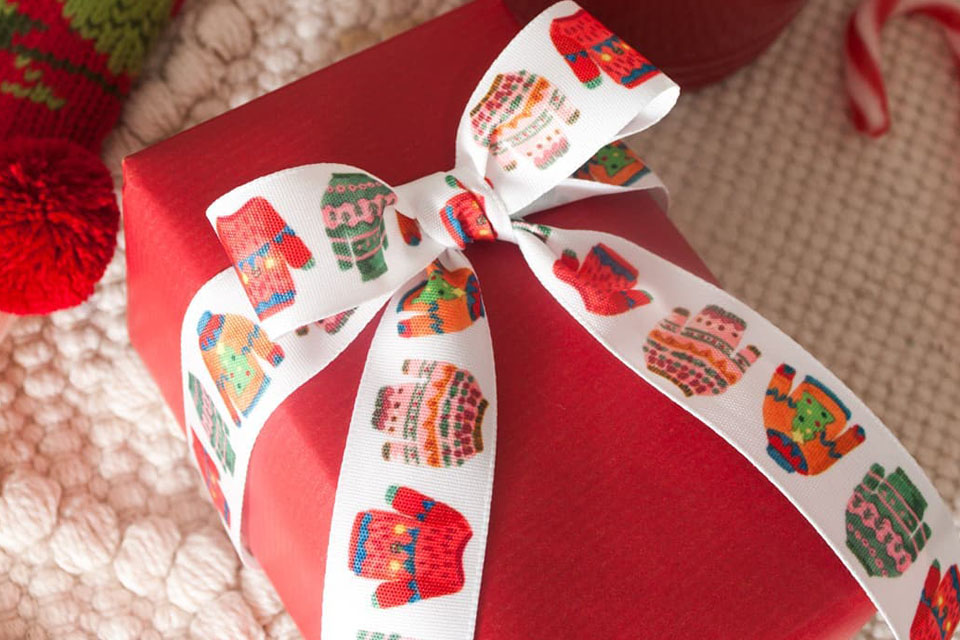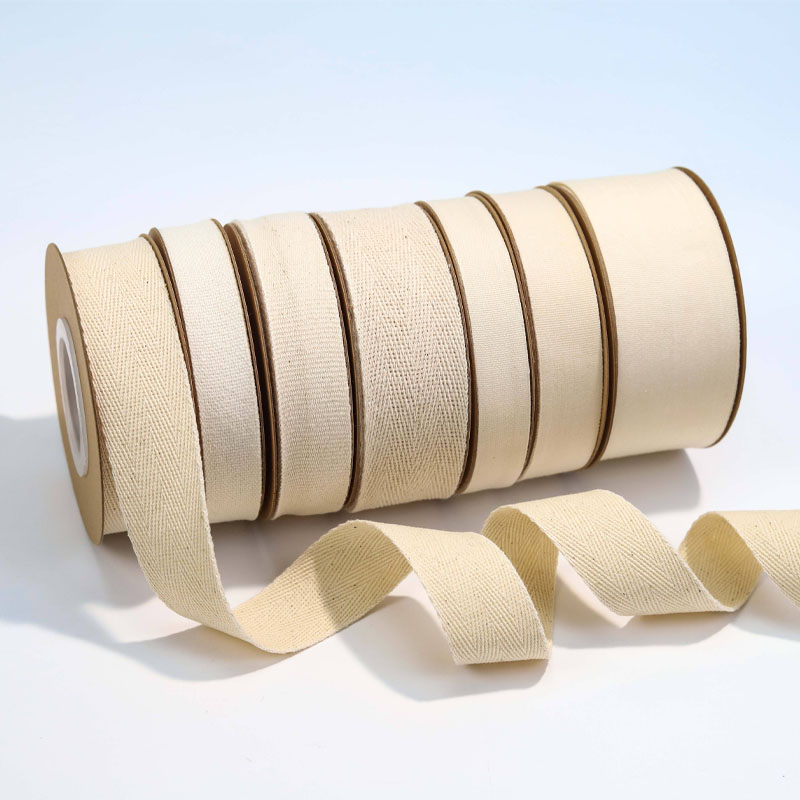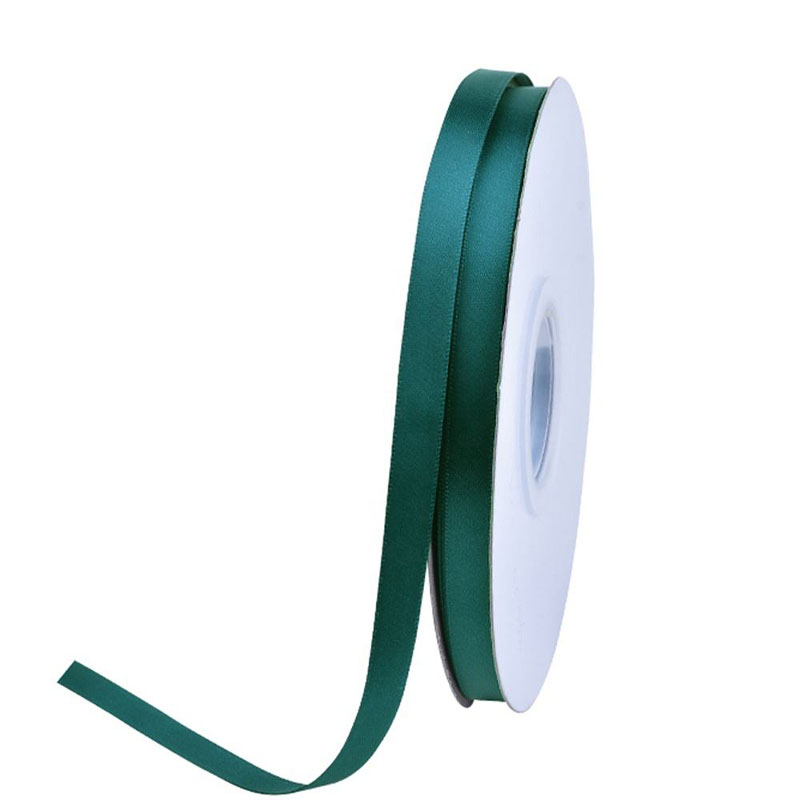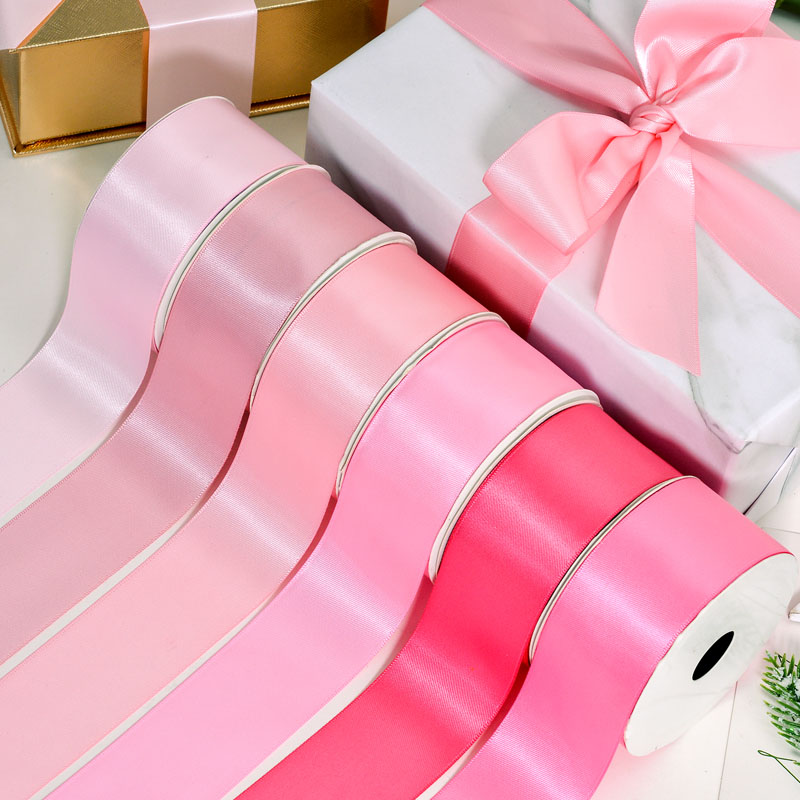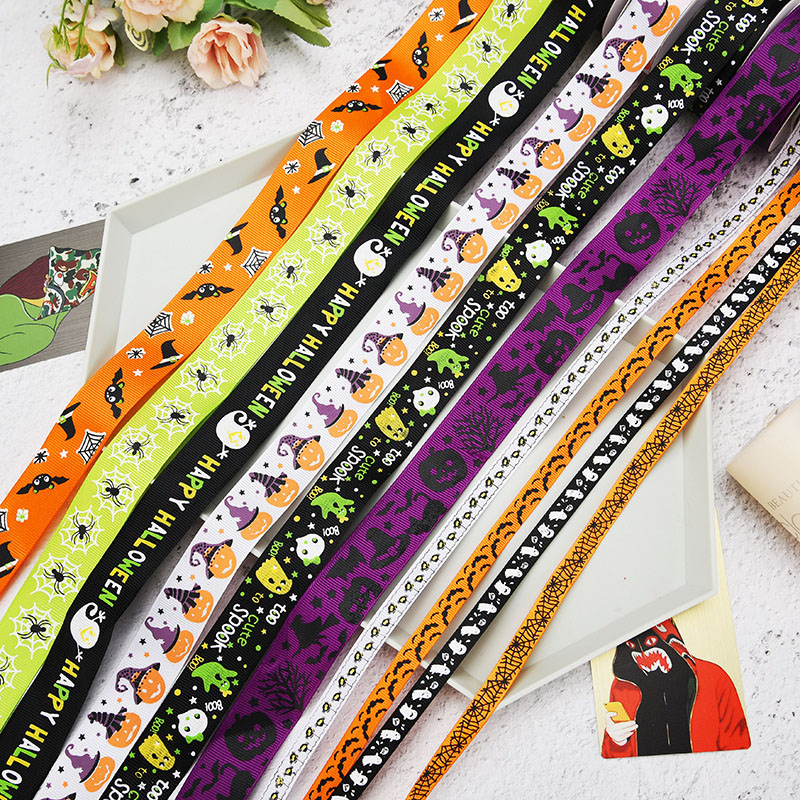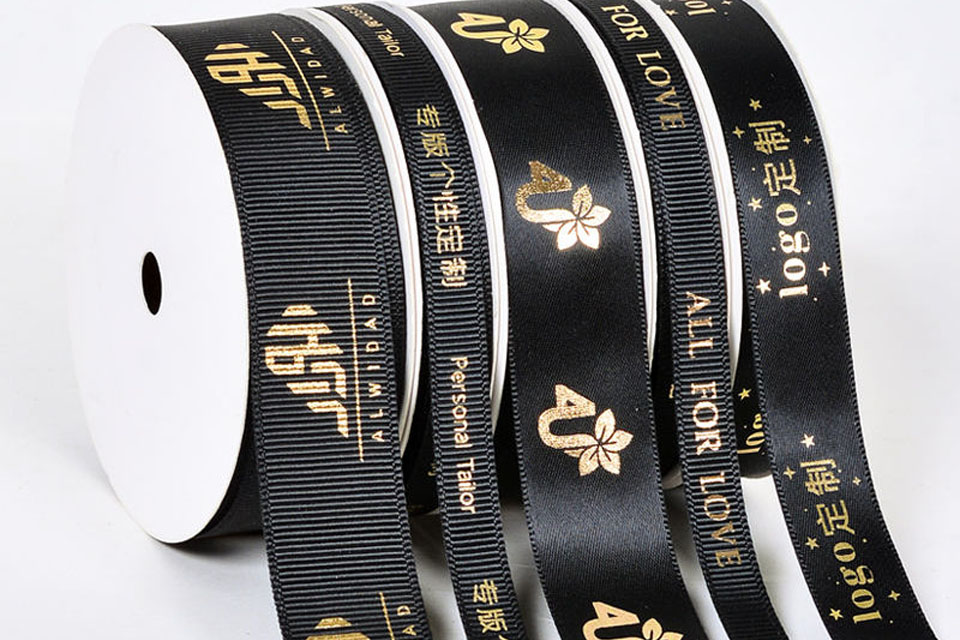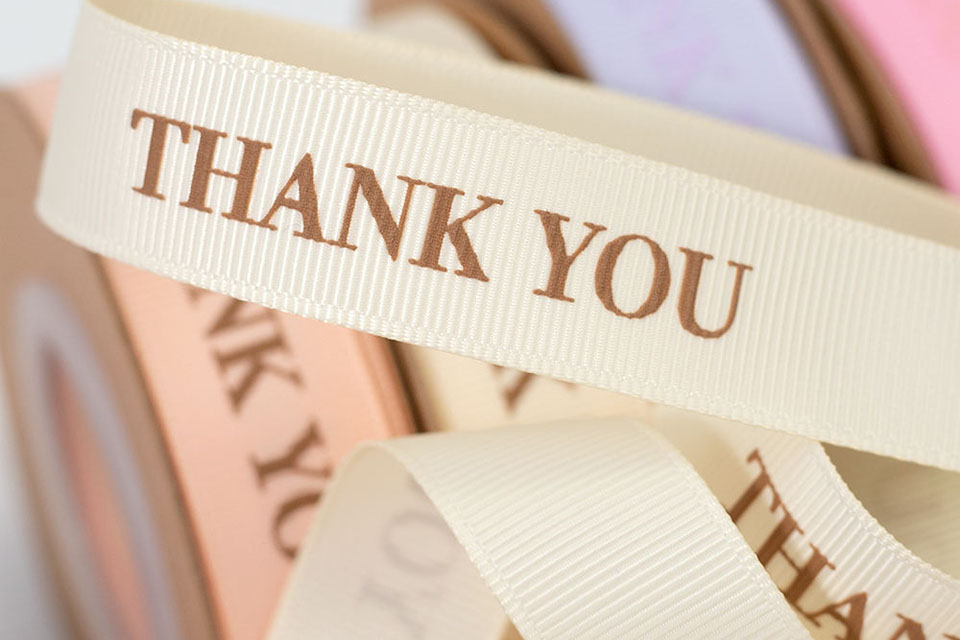This article deeply analyzes the market trends, technological innovations, application areas and future development directions of the custom ribbon printing industry, and provides a comprehensive ribbon customization guide for enterprises and individual users. From the material properties of grosgrain ribbons to advanced printing technology, from market data analysis to actual application cases, this article will reveal the business opportunities behind this multi-billion dollar market.
Introduction: The Golden Age of Ribbon Printing Market
In today’s business environment that focuses on personalization and brand experience, custom printed ribbons have become an important link between products and consumers’ emotions. The global gift packaging market reached $24.2 billion in 2024 and is expected to grow to $32.7 billion by 2033, with a compound annual growth rate of 3.13%. This growth trend has brought huge market opportunities to the ribbon printing industry.
Whether it is exquisite wedding supplies, high-end retail packaging, or corporate brand promotion activities, custom printed ribbons add irreplaceable value to product packaging with their unique texture and visual effects. As consumers’ demand for personalized experience continues to increase, ribbon printing technology is experiencing unprecedented innovation and development.
Market Analysis: The Booming Ribbon Printing Industry
Global Market Size and Growth Forecast
The global printer ribbon market is worth $3.2 billion in 2024 and is expected to exceed $4.4 billion by 2034, with a compound annual growth rate of 3.2%. In this huge market, custom ribbon printing occupies an important share, especially in the field of high-end gift packaging and brand marketing.
Market segmentation data analysis table:
| Market segmentation | Market value in 2024 | Forecast value in 2030 | CAGR |
| Thermal transfer ribbon | $1.2 billion | $2 billion | 6.50% |
| Custom packaging ribbon | $850 million | $1.42 billion | 7.30% |
| Brand logo ribbon | $480 million | $810 million | 6.90% |
| Decorative ribbon | $620 million | $1.05 billion | 6.80% |
Regional market distribution and consumption trends
The North American thermal transfer ribbon market is valued at $2.31 billion in 2022 and is expected to reach $4.85 billion by 2032. This data shows that demand for high-quality customized ribbon continues to be strong in developed markets. At the same time, the Asia-Pacific region will account for 27% of the global gift packaging product market in 2022, showing the huge potential of emerging markets.
Technological innovation: revolutionary breakthrough in ribbon printing technology
Popularization and application of digital printing technology
Modern ribbon printing technology has developed from traditional screen printing to high-precision digital printing. The global custom printing market is worth US$38.1 billion in 2024 and is expected to grow to US$68.46 billion by 2030 at a compound annual growth rate of 10.3%. This growth is mainly due to the widespread application of digital printing technology in the ribbon industry.
Comparison table of digital printing vs traditional printing:
| Technical indicators | Digital printing | Traditional screen printing |
| Minimum order quantity | 10 meters | 500 meters |
| Number of colors | Unlimited | Up to 8 colors |
| Delivery cycle | 3-5 days | 10-15 days |
| Setup cost | No plate making fee required | Plate making fee required $75-200 |
| Accuracy | 1200DPI | 300DPI |
The rise of environmentally friendly printing technology
With the increase of environmental awareness, 78.3% of consumers choose paper and cardboard packaging materials, and at the same time put forward higher environmental protection requirements for inks and chemicals used in ribbon printing. The application of water-based inks, UV curing technology and biodegradable materials is reshaping the technical standards of the ribbon printing industry.
Material Science: Unique Advantages of Grosgrain Ribbon
Process Characteristics of Grosgrain Fabric
Grosgrain ribbon adopts a unique weaving process, and its weft yarn is heavier than the warp yarn, which makes it have excellent strength and flexibility. This structure not only ensures the durability of the ribbon, but also provides an ideal surface texture for printing. Compared with ordinary ribbons, grosgrain ribbons show obvious advantages in printing adaptability, color saturation and pattern clarity.
Printing adaptability analysis
Comparison of printing effects of different ribbon materials:
| Material type | Printing clarity | Color saturation | Washability | Cost index |
| Grosgrain ribbon | ★★★★★ | ★★★★★ | ★★★★ | 3.2 |
| Polyester ribbon | ★★★★ | ★★★★ | ★★★★★ | 2.8 |
| Cotton ribbon | ★★★ | ★★★ | ★★ | 2.1 |
| Silk ribbon | ★★★★★ | ★★★★★ | ★★ | 4.5 |
Design innovation: unlimited possibilities of personalized customization
Brand identity and marketing value
In the customized printing market, the packaging field is expected to achieve the highest growth rate. By printing brand logos, slogans and exclusive patterns on ribbons, companies not only enhance the visual appeal of products, but more importantly, strengthen brand awareness and customer loyalty.
Seasonal design trends
During the Christmas season, about 75% of consumers participate in gift wrapping activities, and ribbon bows play a key role as important decorative elements. This data shows that seasonal design occupies an important position in the ribbon customization market.
Popular seasonal design themes:
Spring series: floral patterns, pastel tones, Easter themes
Summer series: marine elements, tropical plants, bright colors
Autumn series: fallen leaves patterns, warm tones, harvest themes
Winter series: snowflake patterns, gold and silver tones, festive elements
Application areas: diversified market demand analysis
High-end gift packaging market
The global gift packaging product market is worth $18.02 billion in 2023 and is expected to grow at a compound annual growth rate of 8.4% by 2030. In this fast-growing market, customized ribbons have become the preferred material for high-end gift packaging with their unique texture and personalized characteristics.
Professional needs of the wedding industry
The demand for
ribbons in the wedding industry is characterized by high customization and high quality. From the decorative ribbons of wedding invitations to the straps of bridal bouquets to the packaging and decoration of wedding supplies, every detail reflects the pursuit of perfection. In the wedding industry, flowers and decorations can account for 50% of the total budget, which provides huge business opportunities for the ribbon customization market.
Corporate brand promotion and marketing
More and more companies are aware of the important role of customized ribbons in brand promotion. By using ribbons with brand logos in product packaging, corporate gifts and marketing activities, companies can achieve efficient brand exposure at a relatively low cost.
Production process: complete process from design to finished product
Professional production process
Unlike home DIY production, professional ribbon printing production has a complete industrialized process:
Professional production process comparison table:
| Production stage | Home DIY | Professional production |
| Design processing | Basic software | Professional color management system |
| Material pretreatment | Simple cleaning | Chemical pretreatment + heat setting |
| Printing method | Thermal transfer | Digital direct injection/screen printing |
| Quality control | Visual inspection | Automated quality inspection system |
| Post-processing | Simple finishing | Professional finishing process |
| Production capacity | 10-50 meters/day | 5000000-10000000 meters/day |
Quality control standards
Professional ribbon printing companies usually adopt international standard quality control systems, including:
Color consistency detection: Use a spectrophotometer to ensure color stability between batches
Printing fastness test: Including washing fastness, rubbing fastness, and light fastness tests
Dimensional accuracy control: Ensure the accuracy of ribbon width and printing position
Material safety certification: Meet international environmental standards such as OEKO-TEX
Ribbon bows art: a new height of decorative art
Ribbon bow making skills
Ribbon bows making is a decorative art that combines traditional handicrafts with modern design concepts. Through special folding, winding and fixing techniques, ordinary ribbons can be transformed into lifelike flowers shapes. The annual growth rate of the handicraft industry is about 4%, of which ribbon bows art occupies an important share.
Commercial Application Value
Ribbon bows not only have decorative functions, but also become a product form with significant commercial value:
Analysis of application fields of ribbon bows:
| Application fields | Market demand | Average unit price | Profit margin |
| Wedding decoration | High | $15-50/pcs | 65% |
| Holiday decoration | Medium-high | $8-25/pcs | 58% |
| Home decoration | Medium | $5-15/pcs | 52% |
| Clothing accessories | Medium | $3-12/pcs | 48% |
Market trend: integration of digitalization and personalization
The driving role of e-commerce platforms
62% of online retailers provide gift packaging services in 2023, a trend that directly promotes the development of the customized ribbon market. The popularity of e-commerce platforms allows consumers to obtain personalized ribbon customization services more conveniently.
Intelligent production technology
With the in-depth development of the concept of Industry 4.0, the ribbon printing industry is also actively embracing intelligent technology:
AI-assisted design: Use artificial intelligence to optimize pattern design and color matching
Automated production line: Reduce manual intervention, improve production efficiency and product quality
Internet of Things monitoring: Real-time monitoring of production status to ensure product quality stability
Big data analysis: Optimize inventory management and market forecasting through data analysis
Sustainable development: the future direction of environmentally friendly ribbons
Innovative application of environmentally friendly materials
In 2023, the sales of non-biodegradable packaging paper and plastic ribbons fell by 21% compared with the previous year. This data shows that environmental protection has become an important driving force for the development of the ribbon industry.
Circular Economy Model
Comparison of environmentally friendly ribbon solutions:
| Environmental protection solution | Environmental protection index | Cost increase | Technology maturity |
| Organic cotton ribbon | ★★★★ | 0.15 | Mature |
| Recycled polyester ribbon | ★★★★★ | 0.08 | Relatively mature |
| Biodegradable ribbon | ★★★★★ | 0.25 | Developing |
| Water-based ink printing | ★★★★ | 0.05 | Mature |
Cost-benefit analysis: Quantitative evaluation of return on investment
Cost structure of customized ribbon
Professional customized ribbon cost analysis table:
| Cost items | Percentage | Unit cost |
| Raw material cost | 35% | $0.12-0.28/m |
| Printing and processing | 25% | $0.08-0.20/m |
| Design and development | 15% | $50-200/design |
| Quality control | 10% | $0.03-0.08/m |
| Packaging and transportation | 10% | $0.02-0.06/m |
| Profit margin | 5% | $0.02-0.15/m |
Market pricing strategy
The pricing of customized ribbon products of different grades in the market varies significantly, reflecting the different levels of market demand for quality and service.
Conclusion: Unlimited prospects for customized printed ribbons
The customized printed ribbon industry is facing an unprecedented development opportunity. With the global gift packaging market expected to grow to $32.7 billion by 2033 and the gift packaging product market to reach $34.26 billion by 2030, the ribbon customization industry will usher in a sustained growth momentum.
From the perspective of technological innovation, the popularization of digital printing technology, the application of environmentally friendly materials and the advancement of intelligent production have provided strong technical support for the development of the industry. From the perspective of market demand, consumers’ pursuit of personalized, high-quality products and enterprises’ emphasis on brand promotion have created a broad space for the customized ribbon market.
Key success factors for industry development:
Technology innovation drive: Continuous investment in research and development to improve printing accuracy and environmental protection level
Quality standard establishment: Establish a complete quality control system to ensure product stability
Service experience optimization: Provide one-stop customized services to improve customer satisfaction
Cost control ability: Reduce costs through large-scale production and intelligent management
Market expansion strategy: Actively explore emerging markets and application areas
Looking ahead, with the mature application of new technologies such as 5G, artificial intelligence, and the Internet of Things, the ribbon printing industry will achieve a higher degree of automation and intelligence. At the same time, with the further improvement of consumers’ environmental awareness and the continuous improvement of relevant regulations, environmentally friendly ribbon products will become the mainstream of the market.
For enterprises, now is the best time to enter or expand their layout in the customized ribbon market. By grasping the development trend of technology, deeply understanding market demand, and establishing a sound supply chain system, enterprises can obtain considerable returns on investment in this rapidly growing market.
For consumers, customized printed ribbons are not only decorative elements of product packaging, but also an important carrier for expressing personality, conveying emotions, and showing taste. With the continuous improvement of customized services and the continuous optimization of costs, everyone can get exclusive customized ribbon products at a reasonable price.
The golden age of the customized printed ribbon industry has arrived. Let us witness this beautiful future full of infinite possibilities together.
